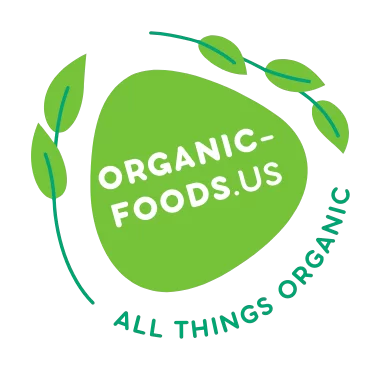Exploring Organic Health Benefit Lawsuits Settled
In recent years, the organic health industry has seen a surge in lawsuits related to the advertised health benefits of organic products. These legal battles have been closely watched by consumers, industry insiders, and regulatory bodies alike. As settlements are reached, it’s crucial to understand the implications and what they mean for the future of organic health products. Let’s delve into the details of these settlements and their broader impact.
The Rise of Organic Health Benefit Lawsuits
The organic health industry has grown exponentially over the past decade, fueled by increasing consumer demand for natural and sustainable products. With this growth, however, came heightened scrutiny over the health claims made by organic product manufacturers. Several high-profile lawsuits emerged, challenging the validity of these claims and seeking compensation for misled consumers.
One of the most notable cases involved a popular organic supplement brand that was sued for false advertising. The plaintiffs argued that the product did not deliver the promised health benefits, leading to a class-action lawsuit. This case, among others, highlighted the need for more rigorous regulation and transparency within the industry.
Key Settlements and Their Implications
As these lawsuits progressed, several have reached settlements that have set important precedents for the organic health industry. One significant settlement involved a company that agreed to pay millions in damages and change its marketing practices. This settlement not only compensated affected consumers but also forced the company to revise its labeling and advertising to align more closely with scientific evidence.
Another settlement worth mentioning was reached with a major organic food producer. The company was accused of overstating the health benefits of its products, leading to a multi-million-dollar settlement. As part of the agreement, the company committed to clearer labeling and more transparent communication about the actual benefits of its products. This case underscored the importance of honesty in marketing and the potential consequences of misleading consumers.
These settlements have broader implications for the entire industry. They serve as a warning to other companies about the risks of exaggerated health claims and the importance of substantiating their marketing with solid evidence. For consumers, these settlements provide a measure of justice and a reminder to be cautious about the health claims they see on product labels.
The Role of Regulatory Bodies
Regulatory bodies have played a crucial role in overseeing these lawsuits and ensuring that settlements are fair and effective. Agencies such as the Federal Trade Commission (FTC) and the Food and Drug Administration (FDA) have been actively involved in monitoring the organic health industry and enforcing compliance with advertising regulations.
The FTC, for instance, has taken action against several companies for deceptive advertising practices. In one notable case, the FTC challenged a company’s claims about the health benefits of its organic supplements, leading to a settlement that included significant fines and mandatory changes to the company’s marketing strategies. This action by the FTC demonstrates its commitment to protecting consumers and maintaining the integrity of the organic health market.
The FDA, on the other hand, has been focusing on ensuring that organic products meet stringent safety and labeling standards. The agency has issued guidelines and warnings to companies about the importance of accurate labeling and the potential consequences of making unsubstantiated health claims. These efforts by the FDA and FTC have helped to create a more transparent and accountable organic health industry.
Consumer Impact and Future Outlook
For consumers, the settlements of these organic health benefit lawsuits have mixed implications. On one hand, they provide reassurance that regulatory bodies are actively working to protect their interests and hold companies accountable for misleading claims. On the other hand, the settlements may lead to higher prices as companies adjust their practices and face increased legal and regulatory costs.
Looking to the future, the organic health industry is likely to see continued scrutiny and potential legal challenges. Companies will need to be more diligent in substantiating their health claims and ensuring that their marketing practices align with regulatory standards. This may lead to a more cautious approach to advertising, with a greater emphasis on transparency and evidence-based claims.
As consumers become more informed about the outcomes of these lawsuits, they may also become more discerning in their purchasing decisions. This could drive demand for products that have been rigorously tested and proven to deliver the advertised health benefits. Ultimately, the settlements of these organic health benefit lawsuits may contribute to a more trustworthy and sustainable organic health industry.
In conclusion, the settlements of organic health benefit lawsuits represent a significant moment for the industry. They highlight the importance of transparency, accountability, and consumer protection. As the industry continues to evolve, it will be crucial for companies, regulatory bodies, and consumers to work together to ensure that the health benefits of organic products are both real and reliably communicated.

